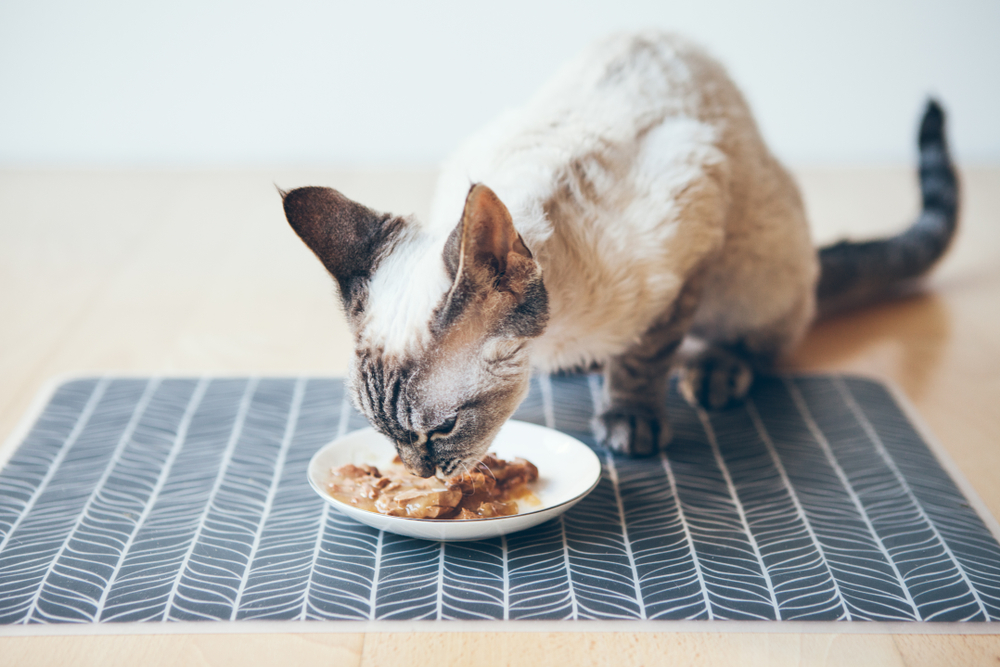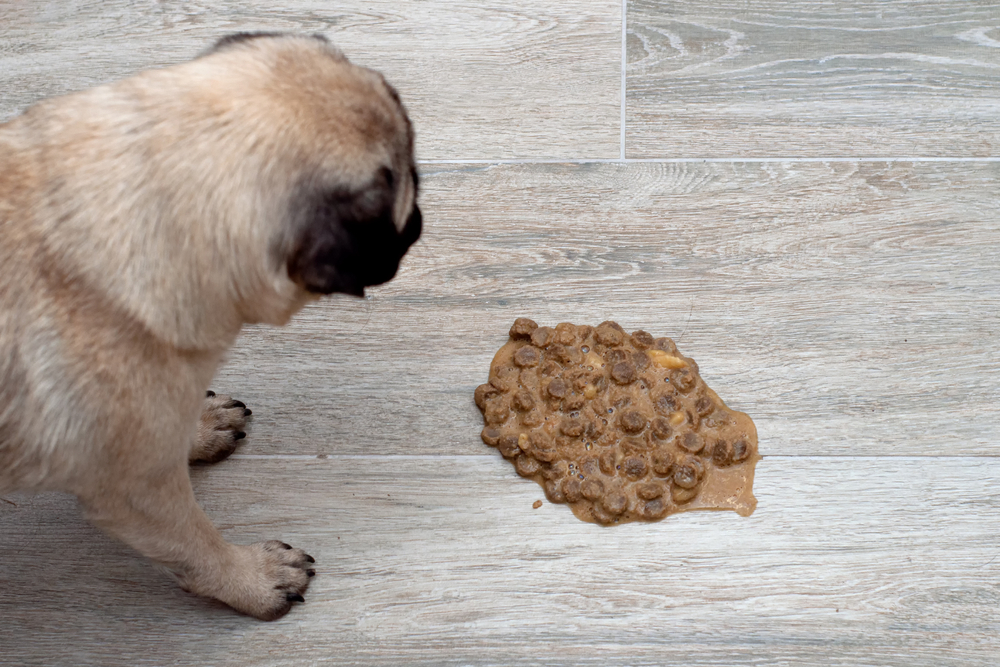An internal organ leaks dangerous compounds and causes the body
to painfully consume itself from the inside out.
What sounds like a science fiction plot actually describes what occurs during pancreatitis, a common inflammatory condition in pets. Unfortunately, because any outward signs are nonspecific, many pet owners miss early pancreatitis warning signs. Don’t get caught off guard by this sneaky medical condition—check out this quick guide from Star of Texas Veterinary Hospital, so you can get your pet the help and relief they need.
What is pancreatitis in pets?
The pancreas is involved in the body’s digestive and endocrine processes, and responsible for producing and secreting powerful digestive enzymes to break down food in the small intestine. When the pancreas is inflamed (i.e., pancreatitis), digestive enzymes leak from the pancreas to the abdominal cavity. When the free-floating enzymes encounter nearby organs, such as the liver and kidney, they break down the fats and proteins there. In essence, the enzymes begin digesting other organs, as well as the pancreas itself.
Pancreatitis can have a sudden onset (i.e., acute), be recurring or unresolvable (i.e., chronic), or subclinical, with few or no signs.
What causes pancreatitis in pets?
While pancreatic inflammation has many potential causes, most cases are considered idiopathic (i.e., the cause is unknown), which makes treatment challenging. Some known reasons for pancreatitis include:
- Dietary indiscretion or high fat foods — High fat diets, fatty table scraps, or “dumpster diving” are commonly to blame for pancreatitis in dogs.
- Concurrent diseases — Inflammatory bowel disease (IBD), gallbladder disease, and endocrine disorders (e.g., hypothyroidism, diabetes) are common in pets with chronic pancreatitis. Cats with IBD or liver disease typically have some degree of pancreatic inflammation.
- Breed predisposition — Miniature schnauzers, Yorkshire terriers, cocker spaniels, dachshunds, and poodles have an increased pancreatitis risk.
- Medications — Certain drugs can irritate the pancreas.
How will I know if my pet has pancreatitis?
Pancreatitis can be a sneaky disease, because of its vague signs and varying intensity. Pets with subclinical inflammation may show only appetite loss, fatigue, or diarrhea, while acute or severe cases can demonstrate:
- Vomiting
- Diarrhea
- Appetite loss
- Lethargy
- Fever
- Abdominal pain
- Dehydration
- Yellow gums or eyelids (i.e., icterus)
Untreated pancreatitis can progress quickly, and the prolonged exposure of internal organs to pancreatic enzymes can cause permanent organ damage, and a guarded prognosis. If your pet is experiencing any pancreatitis signs, schedule an appointment at Star of Texas Veterinary Hospital.
How is pancreatitis diagnosed in pets?
When your pet presents at our hospital with pancreatitis signs, our veterinarian will review their recent history, including diet, behavior (e.g., if they have gotten into the garbage, or stolen food from the counter), and the nature and duration of their clinical signs. Your pet’s full work-up will include:
- Physical examination — A nose-to-tail assessment, paying special attention to your pet’s hydration, attitude, body condition, and abdominal palpation
- Blood work — A complete blood count and chemistry panel, to determine your pet’s organ function, that may reveal concurrent conditions
- Pancreatic lipase test — A specific and sensitive serum blood test that can diagnose pancreatitis
- Ultrasound — Imaging the pancreas to detect enlargement, fluid, or changes in tissue texture and thickness, which suggests inflammation
- Needle biopsy — Sending a needle tissue sample for pathology, which can provide a definitive diagnosis, but is rarely performed, because a negative biopsy does not rule out pancreatitis, and seldom alters the treatment plan
Pancreatitis treatment in pets
Pancreatitis prognosis depends on the pet’s clinical status (e.g., dehydration level, organ damage, concurrent medical conditions). Mildly affected pets can be discharged for outpatient therapy, while pets with moderate to severe pancreatitis are hospitalized for intravenous fluid therapy and medication to treat pain, clinical signs, and the underlying cause, if known. Pets with severe pancreatitis may spend weeks in the hospital. Some owners may elect euthanasia.
To promote healing and prevent recurrence, dogs with pancreatitis should be fed a low-fat diet, with high-fat food, treats, and table scraps permanently avoided. Feline pancreatitis does not have a nutritional component, so cats are not placed on a calorie restricted diet, but they are encouraged to eat wet food, to improve hydration.
Pancreatitis prevention in pets

Preventing a disease with an unknown origin is a tall order, but you can potentially reduce your pet’s pancreatitis risk by:
- Feeding your dog a low- or moderate-fat diet
- Feeding your cat wet food, to encourage their appetite and hydration
- Maintaining your pet’s preventive and wellness care at Star of Texas Veterinary Hospital
- Keeping your pet at a healthy weight, or helping them lose weight, because overweight pets are more likely to develop pancreatitis
Although many pancreatitis cases are treatable, understanding the condition’s warning signs, severity, and progression may reduce your pet’s risk for permanent injury. If you have additional questions about pancreatitis, or would like recommendations for a low-fat diet, contact Star of Texas Veterinary Hospital.




